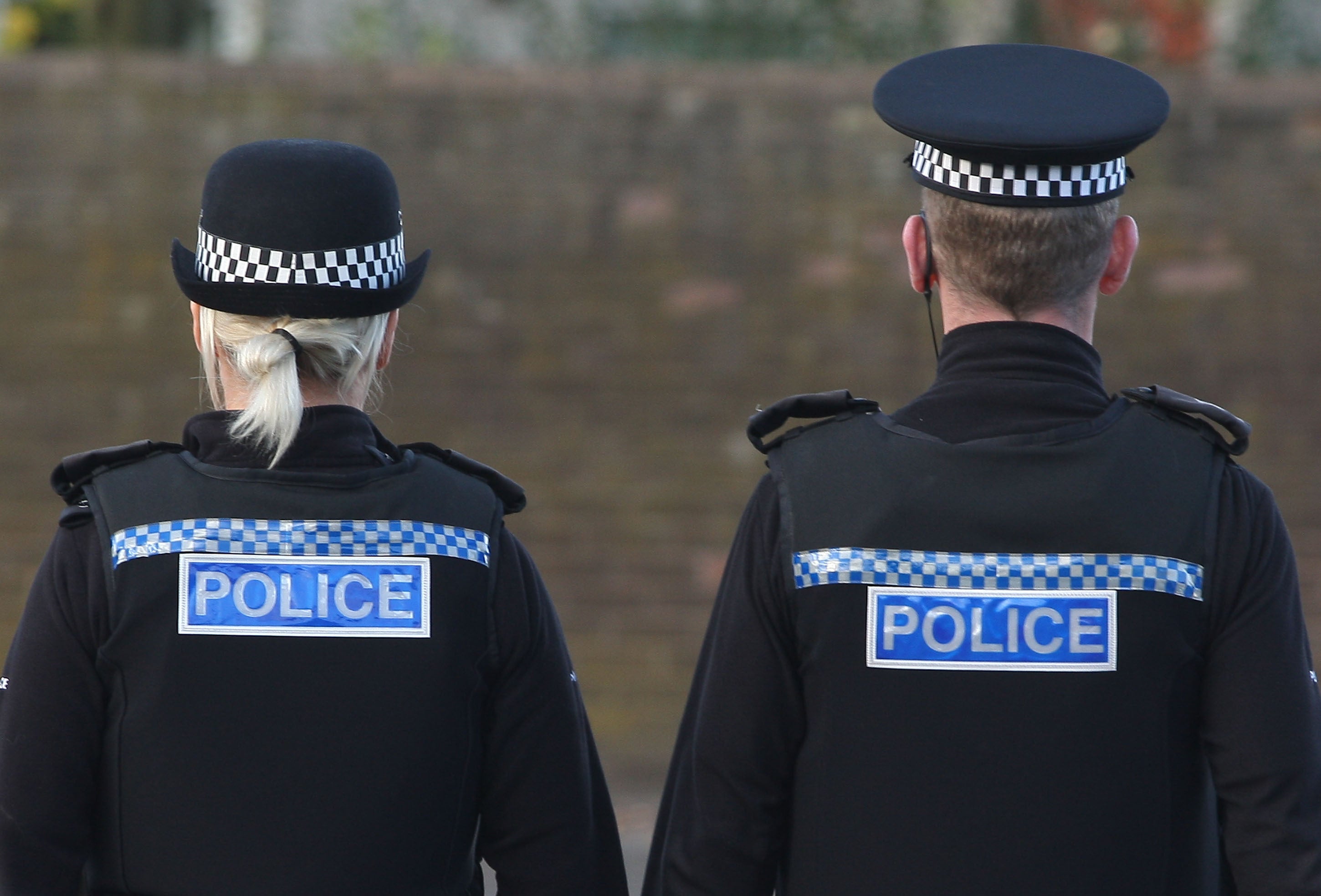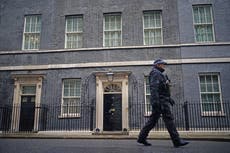Almost a third of Covid prosecutions wrongful as Partygate ‘questions legitimacy of system’
Exclusive: More than 800 miscarriages of justice identified but experts warn thousands of cases have not been checked

Almost a third of Covid prosecutions have been wrongful, new figures show as Partygate sparks scrutiny of the legal system around fines.
Data obtained by The Independent shows that 29 per cent of charges reviewed by the Crown Prosecution Service (CPS) since March 2020 were found to be “incorrect” – 839 in total.
The figure includes 528 of over 2,500 prosecutions under the Health Protection Regulations, which were the laws broken by politicians and civil servants fined over Downing Street parties.
Every single one of the 311 charges brought under the separate Coronavirus Act were wrongful, because criminal offences under the law only apply to “potentially infectious persons” and it was misapplied by police forces.
The numbers, which include all Covid prosecutions finalised between March 2020 and the end of February, are likely to rise as more cases go to court.
Anyone who does not pay a Covid fine within 28 days can be charged with an offence, and the government has ignored calls from parliamentary committees to create an appeal process that would stop innocent people having to risk prosecution to defend themselves.
The latest figures from the National Police Chiefs’ Council (NPCC) show there are more than 50,000 unpaid fixed penalty notices (FPNs) being considered for prosecution.
“These unpaid FPNs, and their outcome, are therefore a matter for the courts,” said an official document. “This is the standard procedure when an FPN is not paid within the relevant payment period.”
People fined as part of the Metropolitan Police’s investigation into 12 gatherings held at Downing Street and the Cabinet Office during Covid restrictions are expected to receive legal advice to pay quickly.
That would mean that the police cannot publicly identify them, they will not get a criminal record and their names will not become public through prosecution in magistrates’ courts.
The Fair Trials campaign group said the ongoing case showed that people at the heart of government “repeatedly broke the draconian and far-reaching criminal laws that they themselves created”.

“The Met’s announcement not only shows that they treated the public with contempt, but it calls into question the legitimacy of the coronavirus enforcement regime,” said legal and policy officer Griff Ferris.
“The government’s approach has not only been heavy-handed, discriminatory and unjust, it has also resulted in hundreds of people being wrongfully prosecuted, and that’s only the cases that have been reviewed.”
Experts warn that the CPS figures do not represent the true scale of miscarriages of justice, because prosecutors do not review charges heard behind closed doors under the “secretive” single justice procedure.
It has seen thousands of people handed huge fines for Covid offences in their absence, without entering pleas or having legal representation – including several people fined over £1,000 each for gatherings on the same date as alleged government Christmas parties.
The government has not implemented official recommendations by parliamentary committees to ensure that people can challenge fines of up to £10,000 without ending up in court, or to review almost 120,000 penalties handed out in England and Wales.
A Justice Committee report published in September called for the government to review the use of the single justice procedure, and the wider Covid fine scheme, but the recommendations were not followed.
Concerns about the system were raised officially as early as September 2020, when parliament’s Joint Committee on Human Rights (JCHR) said the absence of formal process for appealing fines would “invariably lead to injustice”.
Harriet Harman, chair of JCHR, previously told The Independent the number of wrongful charges found by the CPS “shows just how important the right of appeal is”.
“This is a fundamental human right and basic pillar of the rule of law,” she added.
“Whether a fixed penalty notice was deserved or not, those who could afford it are likely to pay a penalty to avoid criminality whilst those who couldn’t afford to pay face a criminal record along with all the resulting consequences for their future development.
“The whole process has inequality and unfair treatment baked into it, hitting the less well-off and criminalising the poor over the better off.”
The NPCC said prosecutions had been a small proportion of the police enforcement of Covid laws, and that a practice early in the pandemic of tacking coronavirus charges onto other criminal offences was stopped.
It said people who cannot pay fines or contest them have been advised to contact their local force or seek legal advice.
A spokesperson added: “When new regulations were issued, we ensured officers had additional guidance on the legislation and we supported them to reduce any errors in the application of the regulations which police quickly had to adapt to in unprecedented circumstances.
“Where we identified any mistakes, forces quickly sought to put these right and we worked with criminal justice partners to achieve this.
“Our approach to engage, explain and encourage remained our primary focus throughout. This has been successful, and the vast majority of people abided by the rules. Enforcement was always the last option and only happened when someone was unwilling to follow the regulations and do the right thing.”
Join our commenting forum
Join thought-provoking conversations, follow other Independent readers and see their replies
Comments


Bookmark popover
Removed from bookmarks